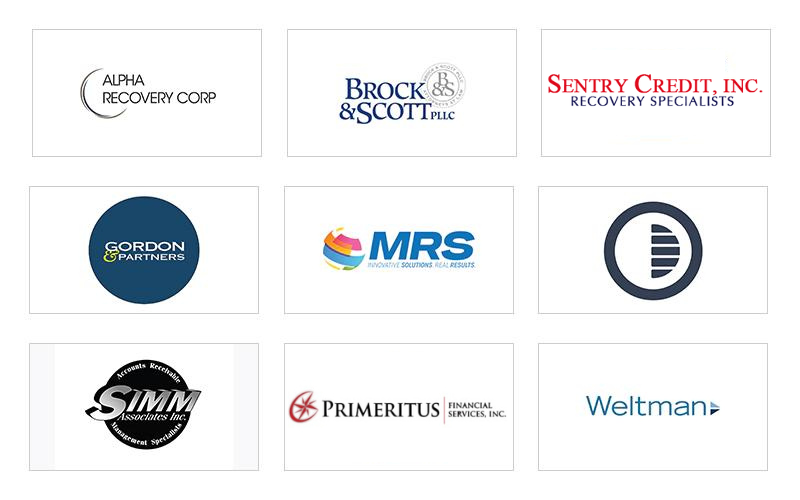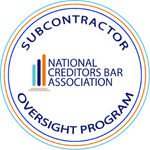10 Things to Consider When Shopping for a Compliance Management System
- November 9, 2017
- Category: Compliance Management

Recommended Reading
Noncompliance with regulations and laws can cause legal action against companies resulting in huge monetary penalties and other formal enforcement actions. It’s clear that credit & collections companies must build a robust Compliance Management System (CMS). A CMS not only helps a company in managing risks associated with changing legislation and regulatory requirements, it also helps in providing more structure saving firms up to 40% time spent on managing compliance. But maintaining a robust CMS is time-consuming. How do you ensure you have the most efficient and affordable compliance management process in place? Technology can provide excellent solutions for compliance management and workflow automation. However, given the time and cost investment that a CMS platform requires, it is imperative that the right decision is made before purchase to ensure the best return on investment (ROI).
Here are 10 things that you should consider when buying a CMS:
1. Pricing Model– With the latest subscription based Software as a Service (SaaS) model, you don’t have to pay hefty costs to purchase a license. You also have the flexibility to end the subscription at the end of the contract without having invested in significant hosted buildout.
2. Modular structure yet integration among modules– The best systems are modular with different modules covering different aspects of compliance. Modular structure allows a company to select modules and features based on their needs, so the system is right-sized to the company’s requirements. Even with modular systems, the modules should be integrated with each other with data linking across modules avoiding redundancy in efforts.
3. Security– Security is the top priority when it comes to choosing the best CMS for your business. The best CMS should have a rigorous and tight security system that will protect all the data and documents with passwords and strong encryption.
4. Permissions and Controls– Administrative control options are always a good feature of any CMS; user permissions are not only tailored and personalized to the needs of each employee, but they also add extra security to your documents and files.
5. Cost of Implementation– Implementation of an enterprise software can require a lot of time and money. While some companies offer implementation free of charge, some companies charge thousands of dollars. The time required to implement a CMS should be in the range of one to two months.
6. Seamless Collaboration– Whether you are working with employees onsite or offsite, a good compliance management system allows your staff to work and collaborate seamlessly from anywhere.
7. Accessible from anywhere anytime– With platforms hosted on the cloud, you get the benefit of being able to access the system from anywhere and anytime. Not only that, you save a lot of money on the infrastructure required to host the platform and get automatic upgrades whenever they are released.
8. Automatic Backups– As with any other software, there is always an inherent risk of losing the data. It is important that your compliance management system can perform automatic backups and can provide the data when required.
9. Response to time sensitive and ad-hoc requests– Your system (or the support team) should be able to provide you with timely responses to any time sensitive and ad-hoc requests.
10. Cost of Maintenance and Support– Last, but not the least, cost of maintenance is also an important factor to consider when buying for a Compliance Management System.
Credit & collections companies should strongly consider exploring a technology platform to reduce the costs and error rates tied to manual compliance management. Keep these tips in mind as you review systems, and you will have a solid foundation for your decision process.
Provana’s IPACS (Integrated Performance Audit & Compliance Software) is a leading compliance management system to the credit & collections industry, offering a suite of modules to over 150 companies.







